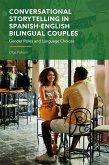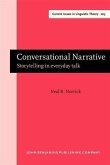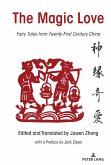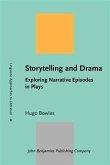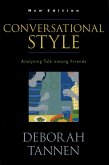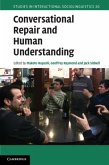This book investigates how Japanese participants accommodate to and make use of genre-specific characteristics to make stories tellable, create interpersonal involvement, negotiate responsibility, and show their personal selves. The analyses of storytelling in casual conversation, animation narratives, television talk shows, survey interviews, and large university lectures focus on participation/participatory framework, topical coherence, involvement, knowledge, the story recipient's role, prosody and nonverbal behavior. Story tellers across genre are shown to use linguistic/paralinguistic (prosody, reported speech, style shifting, demonstratives, repetition, ellipsis, co-construction, connectives, final particles, onomatopoeia) and nonverbal (gesture, gaze, head nodding) devices to involve their recipients, and recipients also use a multiple of devices (laughter, repetition, responsive forms, posture changes) to shape the development of the stories. Nonverbal behavior proves to be a rich resource and constitutive feature of storytelling across genre. The analyses also shed new light on grammar across genre (ellipsis, demonstratives, clause combining), and illustrate a variety of methods for studying genre.
Dieser Download kann aus rechtlichen Gründen nur mit Rechnungsadresse in A, B, BG, CY, CZ, D, DK, EW, E, FIN, F, GR, HR, H, IRL, I, LT, L, LR, M, NL, PL, P, R, S, SLO, SK ausgeliefert werden.



